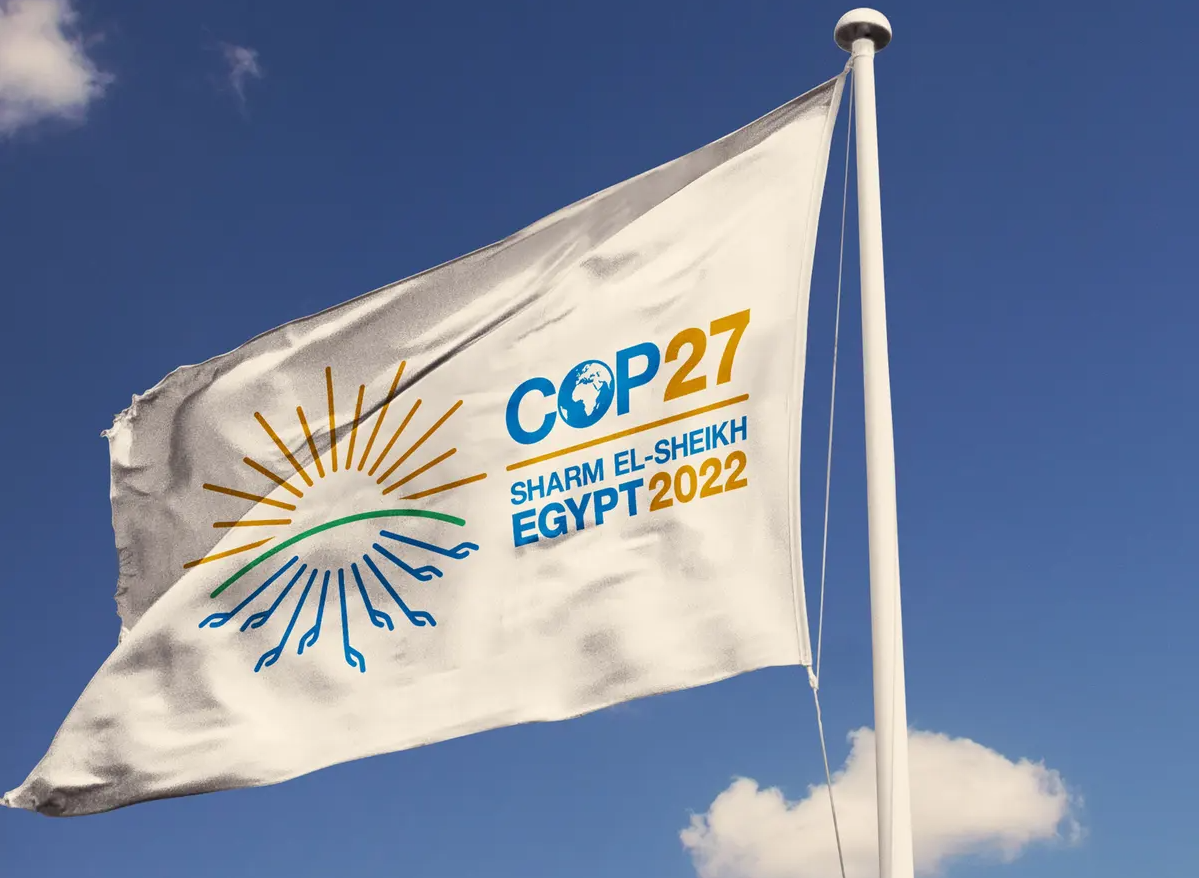
In the recent COP27 which ended on 18 November, the United Nations identified greenwashing by business and finance as one of the biggest dangers in the fight against climate change. Coined in 1986 to highlight organizations that spend more resources advertising that they are green than the actual time spent on making their products and organization green, greenwashing is a persisting problem that the Hong Kong government has been trying to tackle. The government has been taking reference from the Common Ground Taxonomy released in November 2021 to build a custom taxonomy that fits the Hong Kong market, giving international investors confidence in Hong Kong's green finance.
Stricter advertising regulations
Lying in the heart of greenwashing, greenwashing commercials employ far too many rhetorical strategies that do not match up with their products. There is often a logical leap in their advertising, accompanied by the use of pathos which moves customers to purchase their greenwashed products out of goodwill. Therefore, stricter advertisement regulations are needed. This calls for more transparency from companies and more investigation from the government to enforce the rules against making false or misleading representations. What we need is to crack down on specific greenwashing behaviour, the most obvious being the use of vague and ambiguous terms in advertising. Attention-grabbers from 'green', 'natural', 'environmentally friendly', to 'biodegradable' and 'plastic-free' are too vague in themselves and do not tell consumers to what extent their products are so. There is a need to establish a list of common terms that are ambiguous in identifying products' environmental impact. The government should legislate that any of these terms used must be backed by supporting data appearing to the public eye in the very same commercial. This would reduce selective or generalized advertising, such as the controversy over McDonald's paper straws in 2019 that turned out to be non-recyclable despite being plastic-free (in UK and Ireland branches), or Burger King's low-methane burgers in 2020 that could only reduce methane emission by at most 3% despite an initial claim of 33%. Considering this situation, there should be accompanying legislation that all green advertisements must first obtain credible third-party environmental certifications, such as the Hong Kong Green Label Scheme launched in 2000 by the Green Council, to increase the credibility and accuracy of their claims.
If selective advertising is what we are worried about, selective comparison should also be our concern. The United Kingdom's Green Claims Code and accompanying guide for businesses set out six principles specifying that environmental claims must, among others, only make fair and meaningful comparisons. This should be legislated in Hong Kong while the Consumer Council should increase the number of its study reports with a focus on environmental claims to make fair comparisons. Furthermore, on the matter of fairness, companies should first focus on building sustainable initiatives that are coherent with their businesses to be directly responsible for their products, instead of diverting attention away from their pollution. For example, during its London electric vehicle promotion in August 2022, there was controversy over Mercedes-Benz campaigning 'Nature or Nothing' while paying immense sums over emission cheating in its diesel vehicles. Government legislation should thus emphasize that commercials address the environmental problem in their products along with their green improvements.
Green banking
With Hong Kong being an International Financial Centre, banking occupies an indispensable position in influencing green finance. According to Hang Seng Bank's official site, it provides customers sustainable financing services to transit to a low-carbon economy, and approved 14 green loans and 15 sustainability-linked loans with a loan amount of HKD 17 billion in 2022. The Hong Kong Monetary Authority also adopts a three-phased approach to assess, promote, monitor, and evaluate greenness in banks. The government can even go a step further by tying clients and producers' climate actions to banks. In Singapore, the Monetary Authority requests banks to undergo stress tests from 2022, meaning that banks will have to deal with climate risks tied to their borrowers, customers, and supply chains, hence encouraging banks to take cautious steps to protect the environment. This can also be a suitable model for Hong Kong where banks lead society in the green finance movement.
Until COP28 next year in Dubai, greenwashing is still among the top concerns for worldwide governments to tackle climate change. Hong Kong is no exception, and we look forward to a greener city without greenwashing.
本文於2022年11月28日在DotDotNews上刊登。
